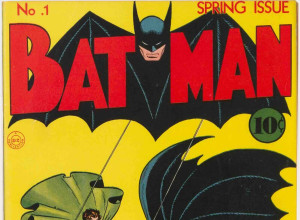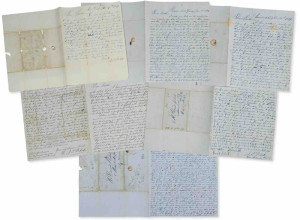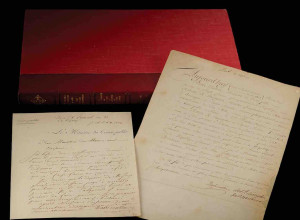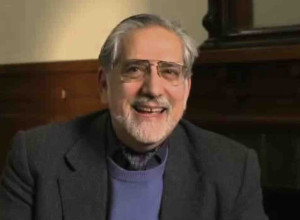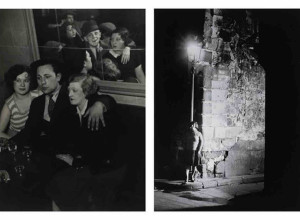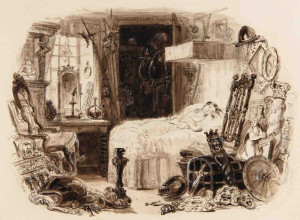Bright Young Librarians: Eric Ensley
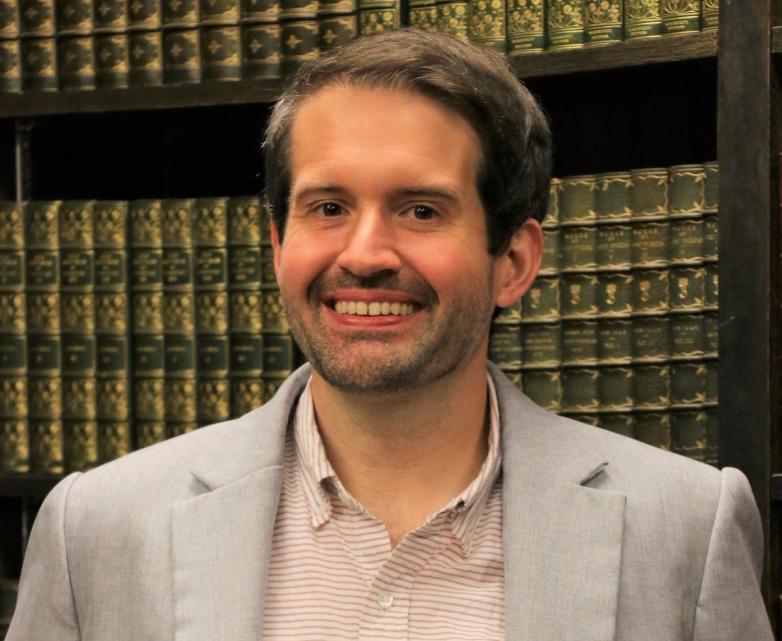
Our Bright Young Librarians series continues today with J. Eric Ensley, Curator of Rare Books & Maps at the University of Iowa.
What is your role at your institution?
I’m the Curator of Rare Books & Maps at the University of Iowa’s Special Collections & Archives. My responsibility is to teach with, develop, and promote the collections in my curatorial areas. One of the most exciting parts of my position is that I curate a wide array of materials, from our cuneiform tablet and medieval manuscripts up to artist books created just a few months ago. When I was hired last year, I was told that the position was imagined as a curator of book history, from ancient to modern, and the challenges and opportunities that entailed excited me. Each day the position invites me to think both narrowly and broadly about our collections. The question “how do I continue to build and better describe our early books collections?” exists alongside and in conversation with “which artist books will help tell the story of the book in our classrooms and to our book makers?”
A typical day for me might include reading booksellers’ catalogues, ordering and processing new purchases and donations, updating catalog entries, teaching a class, managing the front desk, and working alongside our student employees on a variety of projects from exhibitions to collection shifting. It’s a cliché to say, but each day is different and there’s always something exciting to come in and work on.
How did you get started in special collections?
I was a classics major during my undergraduate degree and always had a strong interest in languages. Sadly, I don’t think I stepped foot in my undergraduate institution’s special collections until a senior seminar. Following my undergraduate degree, I was at a loss for what to do and landed on returning to my home state of North Carolina to pursue an MLS at UNC-Chapel Hill. I thought I would end up as an academic librarian of some sort, but I took a rare books seminar early in my time there. The curator brought out the Hanes Book of Hours, and I was instantly hooked. I had never seen anything like it and I knew I wanted to work with books like these for the rest of my life. I began inquiring as to how to make this career and started down the path towards rare book librarianship and curation after that.
Where did you earn your MLS/advanced degree?
After I received my MLS from UNC-Chapel Hill, I went on to gain further subject knowledge with an MA in English from North Carolina State University. I began inquiring which PhD programs would allow me to study book history and simultaneously work alongside curators and librarians in a special collections library. I’m eternally grateful that I was able to receive a PhD in English from Yale University, where I worked all five years in the Beinecke Library alongside librarians and curators like Ray Clemens and Diane Ducharme, who taught me so much of what I know about early books.
Favorite rare book / ephemera that you've handled?
I may be inviting trouble with this answer, but I’d have to say it’s the Voynich Manuscript in the Beinecke Library. I won’t ascribe it to aliens or anything like that, but I will say that when you have it a classroom, you can see the excitement on students’ faces. The mystery of the object coupled with that many of them have seen it on the internet or television make it a bit like meeting a book celebrity. There’s also an excellent facsimile of the book that sometimes is used in lieu of the actual object—putting the real McCoy next to imitation and asking viewers to figure out which is which is a great exercise in close looking, and many people get it wrong!
What do you personally collect?
Recipes are my favorite thing to collect. For the past decade, I’ve moved quite often which has made the keeping of objects hard, but recipes and scraps of recipes are straightforward and sometimes you can collect just the textual content and not the object itself.
What do you like to do outside of work?
I love to cook, garden, and play computer games, particularly strategy games. I’m trying to combine the former two as I just built some raised garden beds for our yard and hope to grow some herbs and vegetables for the next season. It’s hard to look around Iowa and see all the veggies coming up and not want to grow something yourself.
What excites you about special collections librarianship?
I think we all agree the books themselves are exciting, but I’m also in it for the people. I’m very fortunate to be able to continue teaching a course titled “What is a book?” to first-year students here at Iowa after I created and ran the course several times at Yale. Here at Iowa, I’m team teaching it with our wonderful instruction and outreach librarian, Liz Riordan. I love getting up in front of a classroom and asking people to look closely and think about the objects on the tables in front of them. There’s a certain look of astonishment when a person touches a 600-year-old book for the first time. Just last week I had a student say it gave her goosebumps seeing a medieval manuscript in our collection written by a student who signed his name in a colophon at the end of the codex. The books are amazing, but it’s the experiences of the people interacting with the objects that makes this all worthwhile.
Thoughts on the future of special collections librarianship?
There are major challenges for our profession, the primary one being the lack of positions for special collections professionals. For every curator and special collections librarian position there are several highly qualified applicants. I consider myself extremely fortunate to have received a position, but the road was full of difficulty and rejection, and I share this experience with most on the market.
The other challenge I’m concerned about is the viability of our profession for low-income and first-generation students. The cost of library school is often high and scholarships few. It’s hard to have the conversation with eager students in which you tell them that the jobs are few, salaries low for the required education, and that you’ll likely need to take out student loans. There are some workarounds at certain universities where students can end up with low debt or be covered by stipends, but many of those close up quickly and unexpectedly.
Coming from a first-generation, low-income background, I welcome contact via email or social media from students in similar situations who might have questions or want to chat about the profession.
Any unusual or interesting collection at your library you'd like to draw our attention to?
There are too many! The Charlotte Smith Miniature Books collection at over 4,000 items strong is one of the largest collections of miniature books in the country. Our Leigh Hunt collection was assembled by Luther Brewer, an Iowan who owned the Torch Press. The collection contains not only a major portion of Leigh Hunt’s library but also many of his manuscript and his letters in conversation with authors like Charles Dickens, Mary Shelley, and Robert Browning among numerous other. Bringing out a lock of Shelley’s hair and letters in her own handwriting tends to wow people.
My personal favorite collection, however, is our Szathmary Culinary Collection, donated by chef and bon vivant Louis Szathmary. It’s one of the largest culinary collections in the country and given my love for food and cooking, I find myself pulling a book from its shelves at least once a day.
Any upcoming exhibitions at your library?
I’ve been working with one of our fantastic graduate students, Diane Ray, to create a small exhibition on the “Art of Food” that explores the relationship between public and private spaces in cookbooks. Drawing from the Szathmary Collection, we’ll be installing the exhibition in about two weeks and hope it will be a colorful and appetizing invitation to our reading room.








